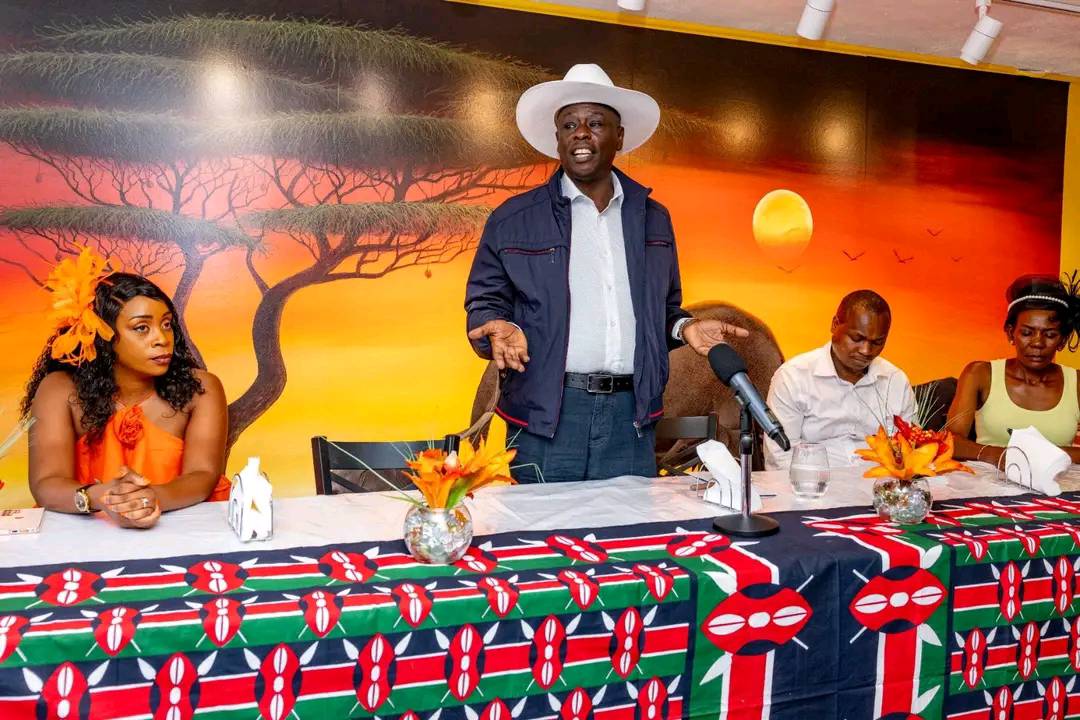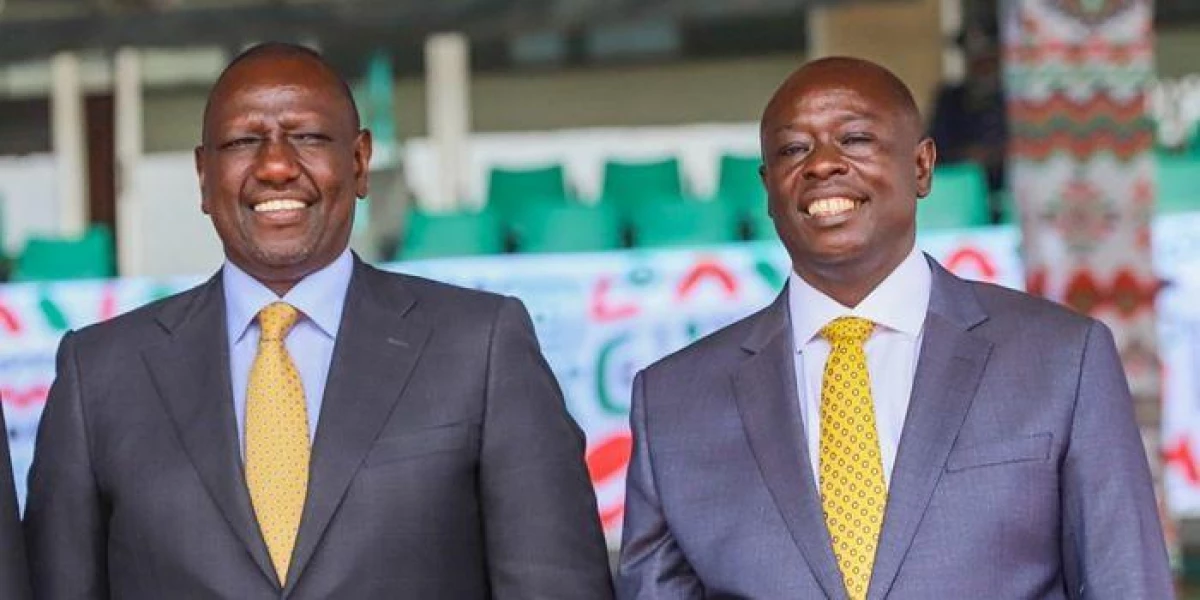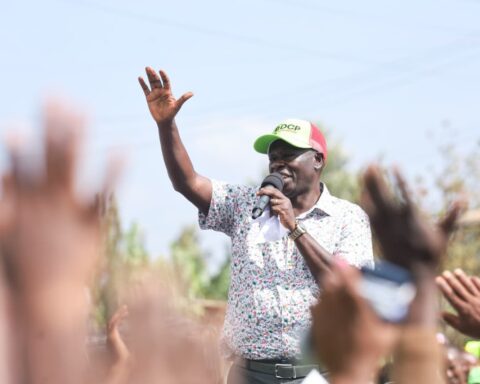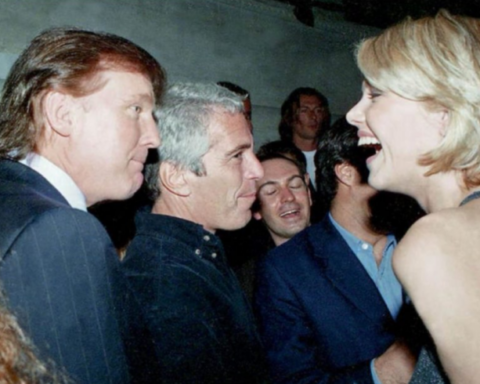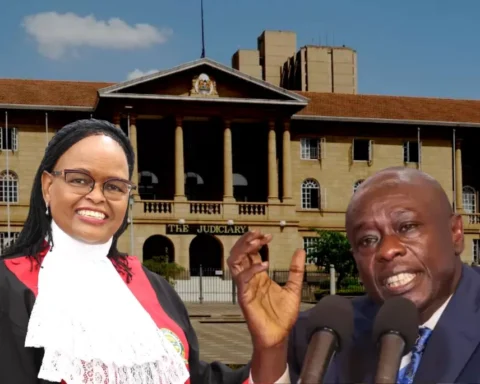Former Deputy President Rigathi Gachagua is returning home from the United States under a cloud of humiliation, his two-month diaspora tour collapsing into a cautionary tale of political self-destruction.
Billed as a grand relaunch of his Democracy for Citizens Party (DCP) ahead of 2027, the tour instead laid bare the same divisive instincts that triggered his impeachment in October 2024.
In city after city, from Baltimore to Seattle, Gachagua leaned on Kikuyu-only speeches, segregated meetings and ethnic appeals that many Kenyans abroad found jarringly out of step with their reality. They responded with cold shoulders, boycotts, and stinging rebukes on social media.
The breaking point came in Seattle when Valentine Wanjiru Githae, a Gen Z activist from his Mathira backyard, interrupted him: “Speak English or Swahili—be a national leader!” The exchange, captured on video before her microphone was cut, ricocheted online.
Within hours, hashtags mocked the tour as “Wamunyoro village vibes,” framing it as the collapse of a parochial project on a global stage. Even Kapseret MP Oscar Sudi piled on, saying Kenya was “more peaceful” without Gachagua’s KSh 20 incitement handouts.
Rather than recalibrate, Gachagua lashed out—claiming his critics ignored “real issues” such as protester killings, calling his impeachment a “blessing,” and alleging he was trailed by 40 intelligence officers.
At one point, he lobbed unsubstantiated accusations linking President William Ruto to terror groups, further eroding credibility. By mid-August, he abruptly announced his return, officially citing by-election preparations.
Insiders, however, pointed to a blunt reality: the diaspora had shut him out, and fresh investigations were looming at home.
On his way out, Gachagua posted a contrite message: “I regret cutting my trip short.” The response on X was merciless. “Tribal propaganda crashed under Gen Z fire,” one user wrote, capturing the prevailing mood.
The verdict is unmistakable. Gachagua’s fall is not the product of betrayal, but the inevitable reckoning of a politics anchored on ethnic walls. The diaspora—diverse, cosmopolitan, and unshackled from Kenya’s old tribal alignments—exposed him as a relic of the past.
As he lands at JKIA this week, the symbolism is stark: Kenya has moved on, and so must its politics. Tribalism is no longer currency—it is baggage. And for Rigathi Gachagua, it has proven fatal.
